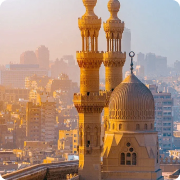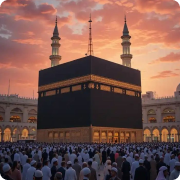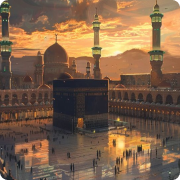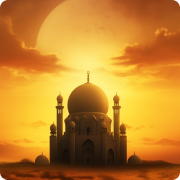Whispers Before Dawn: The Power of Fajr
In the quiet of early morning, Fajr offers a sacred moment to connect deeply with Allah — a fresh start for both heart and soul.

Zaynab (May Allah be pleased with her) reported: The Prophet (ﷺ) came to visit me one day frightened and he said: "La ilaha illallah (There is no true god but Allah). Woe to the Arabs because of an evil which has approached. Today an opening of this size has been made in the barrier restraining Ya'juj and Ma'juj (Gog and Magog people)." And he (ﷺ) made a circle with his thumb and index finger. I said: "O Messenger of Allah! Shall we perish while still there are righteous people among us?" He said: "Yes, when wickedness prevails." [Riyad as-Salihin 189].







In minim mollit exercitation deserunt proident officia sint excepteur aute eiusmod. Aute ullamco.

Prayer isn’t just ritual — it’s renewal. In the quiet of Fajr or the stillness after ‘Isha, I find grounding amidst complexity. As a scholar, I study texts all day, but it’s in sujood that I feel the meaning truly unfold.

Serving people can be overwhelming — their needs, their pain, their hopes. Prayer is where I return to refill. It reminds me that I’m not working alone, that there’s mercy greater than mine at play in this world.

For so long, I thought prayer was something adults just did. But when I truly gave it a chance, it felt personal. Now, I tell the youth: you don’t need to be perfect to show up — just honest. Prayer listens before it corrects.

In the quiet of early morning, Fajr offers a sacred moment to connect deeply with Allah — a fresh start for both heart and soul.

When words fail us, sujood becomes a refuge. Through prostration, we release our pain and find mercy in the Divine's embrace.

Laylat al-Qadr, the Night of Power, holds immense blessings. One sincere prayer could rewrite your destiny.

Du'a isn’t just a request — it’s an act of surrender. Through it, we trade our burdens for divine peace and trust.